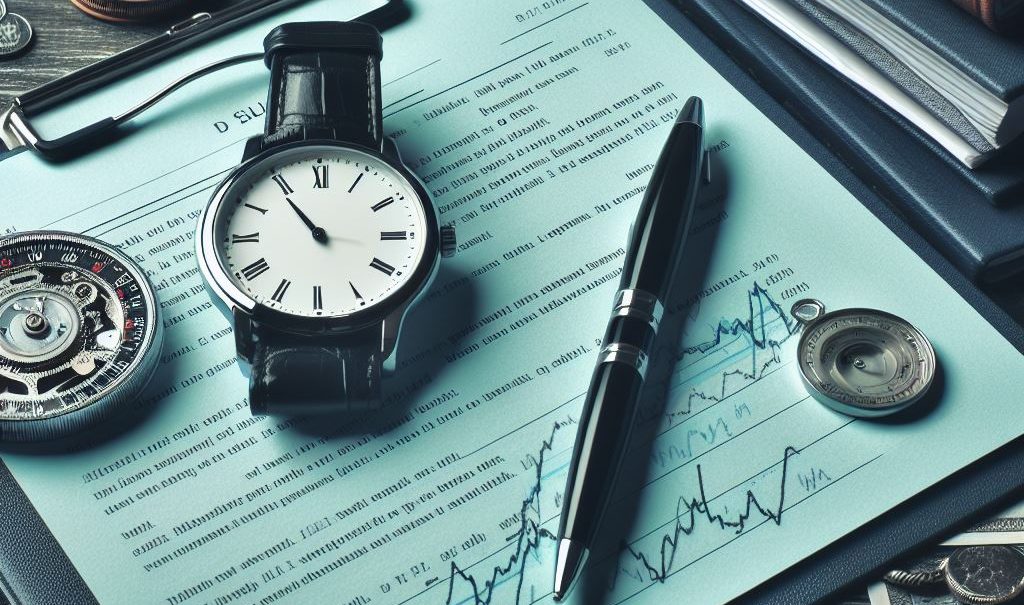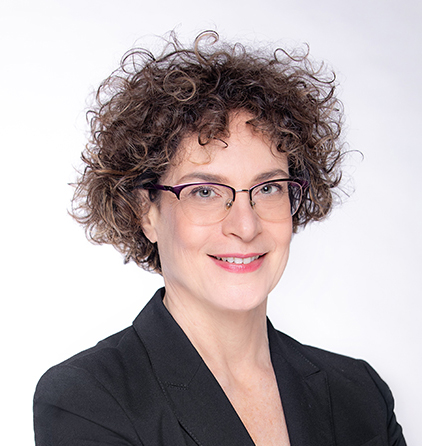
Accelerated Patent Examination in Israel
In Israel, patent applicants can accelerate the examination process under certain conditions outlined in Section 19A of the Law. These conditions include factors such as the applicant’s age or medical condition, positive results from corresponding applications, concerns about third-party use, extended processing times, public interest, and special circumstances. The expedited examination also applies to ‘green applications,’ those contributing to environmental improvement, and applications with extension orders. Applicants must submit a request, accompanied by justifications and applicable fees. Third parties can also request acceleration based on specific reasons. The accelerated examination encompasses various pathways, including responses to international reports and filing a first application in Israel. Additionally, a modified examination option exists under Section 17(c), allowing expedited allowance based on a granted patent in a corresponding application.
Accelerated patent examination in Israel
Application are examined by the Israeli Patent Office (ILPO) according to the order of their acceptance by the office. However, under certain conditions it is possible to advance the examination (out of the regular order) of a patent application.
According to Section 19A of the Law, such conditions include: an advanced age or a medical condition of the applicant; a positive result in an examination of a corresponding application (based on the patent prosecution highway (PPH)); a concern that a third party has started using the invention (without applicant’s permission) or might do so; the time which lapsed since filing the application is unreasonably long and substantially longer compared to applications of the same type; public interest; and special circumstances.
In addition, examination is also prioritized for “green applications”, patent applications for which an extension order was requested, and divisional applications where the parent application is under opposition proceedings.
Procedure and general requirements
A request for accelerated examination should be accompanied by an affidavit or a letter (depending on the reason) providing reasoning for the request, and a confirmation of payment of the prescribed fees, if applicable.
Once the request for accelerated examination has been submitted, and if deficiencies are found, the applicant has one opportunity to rectify the deficiencies within 4 months from the date of the notice requesting correction of such deficiencies.
A first substantive Office Action shall be sent to the applicant within 3 months from the later of: the date of receipt of the response to the request for reference disclosure under Section 18 of the Law, or the date of approval of the request for accelerated examination. It is therefore recommended to submit a disclosure of references as required under Section 18 together with the request for acceleration. However, if the application for which accelerated examination has been requested is an international application, the accelerated examination will not start earlier than 30 months from the priority date of the application (or the filing date, if no priority was claimed). Further Office Actions are issued during the course of the examination within 3 months from the date of applicant’s responses.
It is important to note that if extensions are requested in an application under accelerated examination, the examination will be returned to the regular examination order, unless the extension was requested due to circumstances that the applicant or his representative had no control over or the ability to prevent.
Regarding publication of the application, Israeli applications are published as part of their allowance. However, if allowance is obtained before the expiration of 18 months from the priority date of the application (or the filing date, if no priority was claimed) and if early publication is not desired, the applicant should notify the Examiner.
Third party request
A third party may also file a request for accelerated examination of a published application, based on Section 19A(c) of the Law, by filing an affidavit with prescribed fees, if applicable. Reasons for such a request may be that the application causes the entity submitting the request to delay development or production of a product or a process claimed in the application; the time which lapsed since filing the application is unreasonably long and substantially longer compared to applications of the same type; public interest; and special circumstances.
In applications for which examination is accelerated by a third party, the applicant shall not be granted extensions during examination of the application, except for circumstances that the applicant or his representative have no control over or the ability to prevent.
Age or medical condition of applicant/inventor
The request for acceleration based on age (over 70) or medical condition of the applicant is based on Section 19A(a)(1) of the Law and does not entail a fee. However, age over 70 or medical condition of the inventors, although not explicitly mentioned in the Law, may also constitute grounds for acceleration, however, a fee is due in this case. In any case, an affidavit providing reasoning for the request is required.
Patent Prosecution Highway (PPH)
Based on Section 19A(a)(2) of the Law, accelerated examination may be requested based on a positive national or international examination report in a corresponding application, when the corresponding examination was conducted by an authority with which the ILPO has a PPH agreement. The claims filed in the Israeli application must sufficiently correspond (i.e., have an identical or a similar scope) to the claims of the corresponding application for which the positive report has been issued.
However, if, during the examination, amendments are made to the claims of the Israeli application such that they no longer sufficiently correspond to the claims of the corresponding application, the application will be returned to the regular examination order.
Two types of PPH agreements exist – a bilateral agreement, that is between Israel and one corresponding authority, and GPPH (global PPH), which is a group of authorities which rely on each other’s work products. When the ILPO and a corresponding authority have a previous bilateral agreement, the requirements of a GPPH agreement will precede those of the bilateral agreement. Additionally, PCT-PPH relies on work products of a corresponding authority in an international, rather than a national, examination.
Israel has both PPH/GPPH and PCT-PPH agreements with many countries, including Australia, Canada, China, Europe, Japan, Russia, and the US. A summary of PPH arrangements, including relevant forms and examples, may be found at the ILPO website at: https://www.gov.il/he/departments/guides/patents-guides?chapterIndex=5.
Requirements:
No fees are required.
The Examination of the IL application has not yet started.
A positive national or international examination report has been issued for a corresponding application, according to which, at least one claim is patentable. A corresponding application is an application that complies with one of the scenarios that are part of the relevant PPH arrangement.
Applicant must provide the following with respect to the corresponding application (unless available online):
all work products of the corresponding authority (Office of Earlier Examination – OEE) and translation thereof to an acceptable language where required;
a copy of the claim set in respect of which a positive national/international examination report was obtained, including a translation where required; and
a copy of all the documents cited in the work products of the OEE.
Applicant must further provide:
A filled out application form for accelerated examination under the PPH arrangement; and
A “Claims Correspondence Table” showing the relationship between the claims of the corresponding application and the claims of the Israeli application, indicating that the claims filed in the Israeli application sufficiently correspond as the claims for which a positive examination report has been obtained. Acceptable differences between the claims may be due to translation, correction of an obvious mistake, clarification, amendments made to comply with the requirements of Israeli law or practice, or narrowing the scope of claims by adding elements or features.
Response to an International Report
According to Commissioner’s Notice from November 3, 2019, submission of a response to an International search Report or a Preliminary Examination Report prior to receiving the Notice Before Examination under Section 18 of the Law provides basis for requesting accelerated examination. This request does not entail a fee or an affidavit. According to the Notice, this basis is experimental.
Green applications
According to the Commissioner’s Circular 2017/034-patents, a green application is an application which describes an invention contributing to improving environmental quality, inter alia, by aiding in reducing factors which contribute to global warming, reducing air, soil, or water pollution, advancing non-polluting agriculture, and so on. Additionally, Commissioner’s Notice from April 19, 2020, defines applications directed to diagnosing, treating, preventing, or otherwise eradicating Coronavirus as green applications.
Requirements:
No fees are required.
The applicant must include a reasoned letter explaining how the invention improves environmental quality, or prevention, treatment, or eradication or Coronavirus.
An application first filed in Israel
Based on the Commission’s Circular from November 3, 2019, and Section 19A(a)(6) of the Patent Law, a further option for accelerating examination is by filing in Israel a first application, which does not claim priority and is not an international application designating Israel.
Requirements:
An acceleration (on-site examination) fee applies.
The application is a first filing, e., not claiming priority.
A statement that the applicant intends to claim priority from the Israeli application is effected by checking a box in the acceleration request form.
Modified Examination under Section 17(c)
In addition to the above options for acceleration, the ILPO also provides the possibility of modified examination, which does not advance the application in the examination order, but may nevertheless advance allowance.
Section 17(c) of the Law enables the applicant to request acceptance of the application based on a patent granted in a corresponding application. If all requirements are met, then the Israeli application is considered to comply with the provisions of Sections 4 (novelty), 5 (inventive step), 8 (unity), 12 (enablement) and 13 (support for the claims) of the Law. Note that objections based on other sections of the law, namely, patentable inventions (Section 3), unpatentable subject matter (Section 7) double patenting (Section 2), and first to file (Section 9), are still applicable. It is possible to request examination under Section 17(c) based on two granted patents, provided that both claim sets relate to the same invention.
Grant of the request under Section 17(c) is not automatic, and the request may be refused, especially if objections have already been raised by the Israeli Examiner. However, when filing a request for modified examination together with the response to the Notice before Examination, chances for grant of the request and subsequent allowance of the application are rather high.
It is worth mentioning that requesting modified examination based on a corresponding application which was filed during a grace period is not recommended. A grace period does not apply in Israel, and therefore prior art publications which were published during the grace period are available as prior art against the Israeli application.
Requirements:
No fees are required.
The applicant must explicitly request modified examination under Section 17(c), and provide a copy of the granted patent, together with a translation of the claims to an acceptable language, if required.
The Israeli application and the granted patent must either share a common priority claim, or one must claim priority from the other.
All claims in the Israeli application must be identical to claims of the granted patent, although there may be additional claims in the granted patent.
The specifications of the Israeli application and the foreign patent must be identical or comply with Section 12 of the Law.
The granted patent must be in one of the following jurisdictions (correct for 2023): Austria, Australia, the United States, Germany, Denmark, the United Kingdom, the Russian Federation, Japan, the European Patent Office, Norway, Canada and Sweden.
